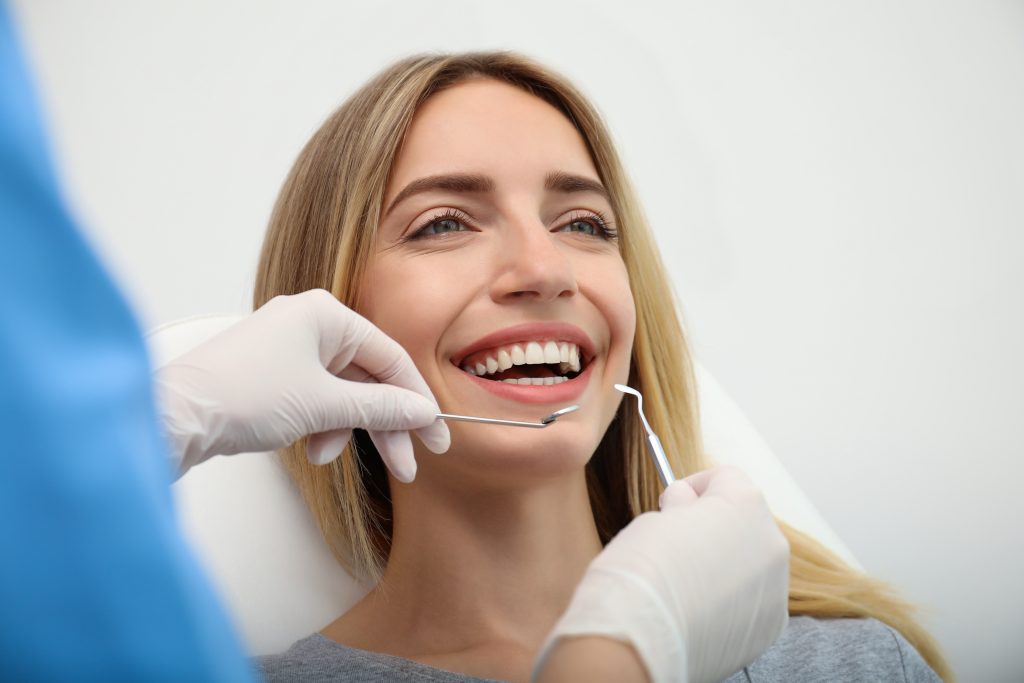Preventive Care

Preventive care is the foundation of maintaining long-term oral health. This proactive approach focuses on preventing dental issues before they develop into more serious problems. Regular dental visits for cleanings, examinations, fluoride treatments, and sealants can help identify and address minor concerns early, reducing the need for more extensive and costly treatments down the road. By adhering to a preventive care routine, you can preserve the health of your teeth and gums, improve your overall oral hygiene, and ensure that your smile remains healthy and vibrant.
One of the key aspects of preventive care is its ability to detect potential dental problems in their early stages. Through routine examinations, a dentist can identify signs of cavities, gum disease, or other conditions that may not yet be causing symptoms. This early detection allows for timely intervention, which often results in less invasive and more effective treatments. Consistent preventive care not only saves time and money but also helps patients avoid pain and discomfort associated with untreated dental issues.
Key Services of Preventive Care
Dental Cleanings (Prophylaxis)
Dental cleanings are essential for removing plaque and tartar buildup that brushing and flossing alone cannot address. These cleanings are performed by dental hygienists and are typically done every six months to prevent gum disease, cavities, and other oral health issues. Regular cleanings keep your teeth and gums healthy, contributing to your overall oral hygiene routine.
Comprehensive Dental Exams
A comprehensive dental exam involves a thorough examination of your teeth, gums, and mouth to check for signs of decay, gum disease, or other dental issues. These exams may also include x-rays to assess areas not visible to the naked eye. Regular exams help ensure any problems are caught early, leading to more effective and less invasive treatment.
Fluoride Treatments
Fluoride treatments involve the application of a fluoride gel or varnish to help strengthen the enamel of your teeth and protect them against decay. Fluoride is especially beneficial for children and adults at higher risk of cavities, helping to remineralize enamel and reduce tooth sensitivity.
Dental Sealants
Dental sealants are thin, protective coatings applied to the chewing surfaces of the back teeth (molars) to prevent cavities from forming. Sealants are especially useful for children, as they can effectively shield teeth from decay-causing bacteria and acids. They are easy to apply and provide long-lasting protection.
Oral Cancer Screenings
An oral cancer screening is a thorough examination of the mouth and surrounding tissues to identify any abnormal changes or growths. Detecting oral cancer early improves treatment outcomes, and regular screenings are an important part of preventive care.
Gum Disease Prevention
Preventing gum disease is a crucial aspect of oral health. Regular cleanings, along with at-home care like brushing and flossing, help keep gums healthy by preventing the buildup of plaque and bacteria. Early intervention through routine exams can also catch gum disease in its early stages (gingivitis), preventing it from progressing to more severe conditions like periodontitis.
Nutritional Counseling for Oral Health
Nutrition plays a significant role in oral health. A dentist may provide guidance on healthy eating habits and how certain foods can impact teeth and gums. Proper nutrition helps prevent cavities, tooth decay, and gum disease, while also supporting overall health.
Mouthguards for Protection
Custom-fitted mouthguards are recommended for patients who engage in sports or have teeth grinding (bruxism) issues. Mouthguards protect the teeth from injury during physical activities and reduce the risk of damage caused by clenching or grinding.
X-Rays and Imaging
Dental X-rays are an essential part of preventive care, allowing a dentist to detect hidden issues such as cavities between teeth, bone loss, or infections beneath the surface. Routine X-rays help catch problems early, even before they become visible or cause symptoms.
Preventive care is essential for ensuring long-term oral health and preventing common dental issues like cavities, gum disease, and tooth loss. By incorporating regular cleanings, exams, fluoride treatments, and other preventive services into your routine, you can maintain a healthy smile and avoid more complex treatments in the future.
